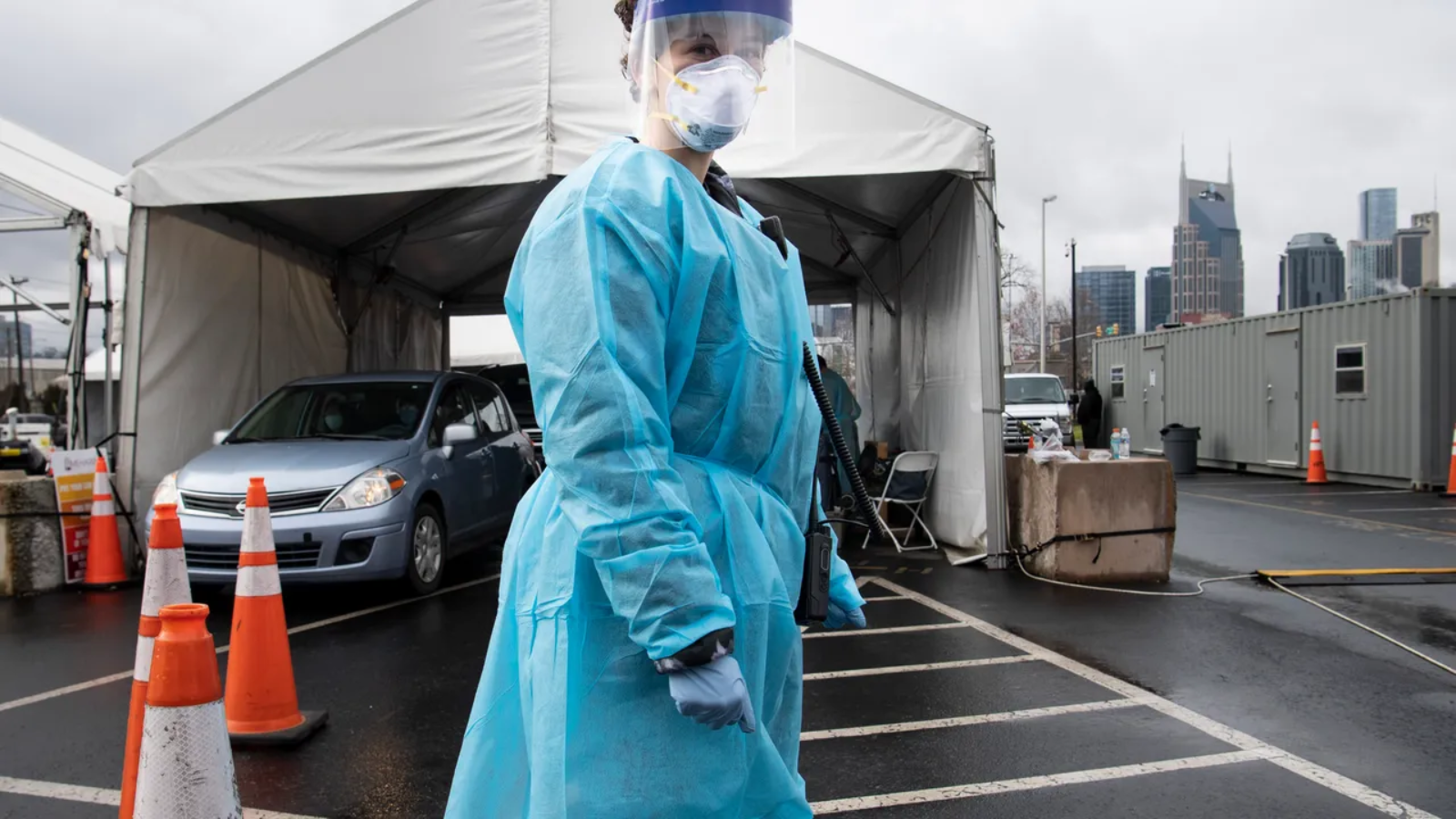Research conducted by Tong Li, Gertrude Conaway Vanderbilt Chair in Social and Natural Sciences and professor of economics, shows that Tennessee’s expansion of testing policy during the early stage of the COVID-19 pandemic appears to have decreased the number of cases in the state relative to what they would have been if the policy had not been implemented.
When Tennessee Gov. Bill Lee announced on April 15, 2020, that free COVID-19 tests were available for any Tennessean, regardless of traditional symptoms, Li saw one of the most unique opportunities of his career.

“In the context of assessing COVID policies, Tennessee was a very good place for us as researchers to answer some really important questions that are very difficult to address in traditional circumstances,” Li said. “With Tennessee’s open COVID testing policy, we had solid footing, in terms of the number of confirmed cases, that could be used in a statistical evaluation of the effectiveness of public health policies implemented during the early stages of the COVID-19 pandemic. The idea was to combine policy evaluation identifying assumptions that are standard practice in economics with reasonable assumptions to account for actual COVID-19 cases in a particular location that were not diagnosed.”
Typically, it is difficult to accurately estimate or assess the impact of policy interventions without bias because of missing data that is not randomly distributed. In the case of COVID, that missing and non-randomly distributed data included: confirmed number of cases in specific areas, the number of actual cases, test availability and non-random testing because “individuals who were more likely to have had COVID-19 were more likely to have taken a COVID-19 test due to both self-selection as well as eligibility requirements for taking the test, such as being in a particular risk group or exhibiting certain symptoms,” Li and his co-author, Brantly Callaway, Ph.D.’16, assistant professor of economics at University of Georgia, wrote.
Once the state’s open testing policy was announced, more than 23,000 individuals were tested at 67 sites in the next three weekends. Relative to Alabama, Arkansas, Georgia, Kentucky, Mississippi and North Carolina (all states that border Tennessee), by the end of March, Tennessee was conducting more per capita tests per day than any of these states, the authors stated.
The results of their analysis of COVID cases identified through the state’s open testing policy show:
- Considerable evidence that Tennessee’s expanded testing reduced actual COVID-19 cases by an estimated 8,058 cases relative to the number of cases that would have occurred without the policy.
- Expanded testing in the state appears to have reduced the number of COVID-19 deaths by at least 80 in Tennessee as well as lowered COVID-19 hospitalizations relative to other states being considered.
- Costs of expanded testing were so low that essentially any reduction in the number of deaths due to the policy would justify its cost.
Li’s work has implications for measuring many policy outcomes, and he is sharing the methodology with Vanderbilt faculty and external collaborators who conduct statistical analysis on a range of topics.
GO DEEPER
The article, “Evaluating Policies Early in a Pandemic: Bounding Policy Effects with Nonrandomly Missing Data” is available as a preprint and will be published in the journal Review of Economics and Statistics.
